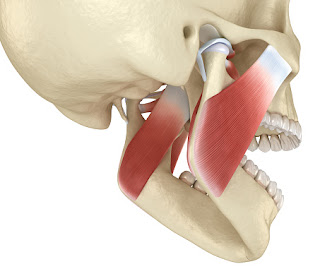TMJ Disorders
The temporomandibular joint (TMJ) acts like a sliding hinge, connecting your jawbone to your skull. You have one joint on each side of your jaw. TMJ disorders a type of temporomandibular disorder or TMD can cause pain in your jaw joint and in the muscles that control jaw movement.
The exact cause of a person's TMJ pain is often difficult to determine. Your pain may be due to a combination of factors, such as genetics, arthritis or jaw injury. The pain and discomfort associated with TMJ disorders is temporary and can be relieved with self-managed care or nonsurgical treatments. Surgery is typically a last resort after conservative measures have failed, but some people with TMJ disorders may benefit from surgical treatments.
Symptoms of TMJ disorders are:
Pain or tenderness of your jaw
Pain in one or both of the temporomandibular joints
Aching pain in and around your ear
Difficulty chewing or pain while chewing
Aching facial pain
Locking of the joint, making it difficult to open or close your mouth
Seek medical attention if you have persistent pain or tenderness in your jaw, or if you can't open or close your jaw completely. A TMJ specialist can discuss possible causes and treatments for your problem.



Comments
Post a Comment